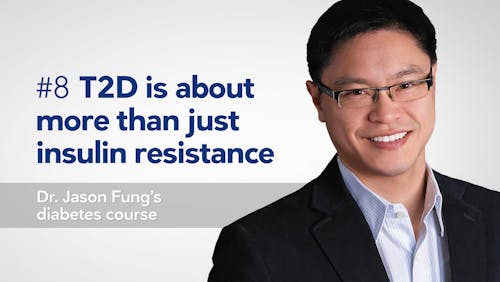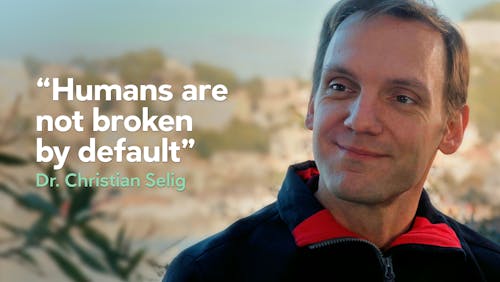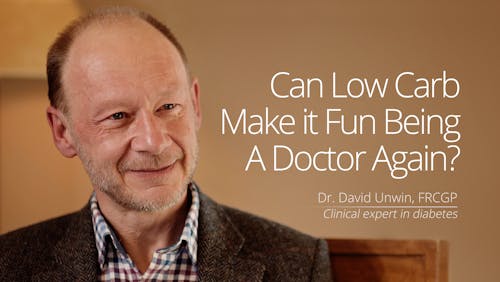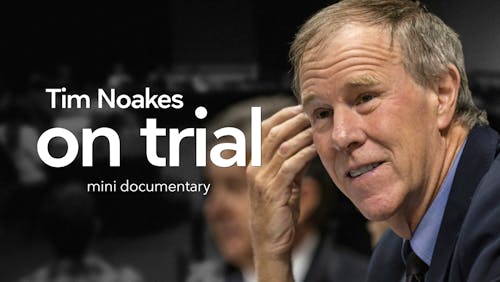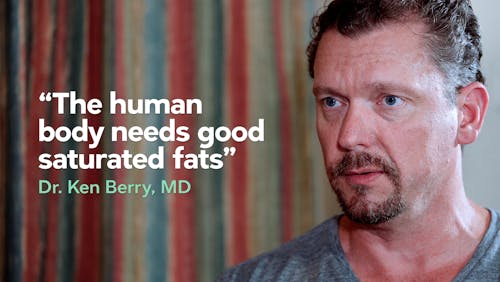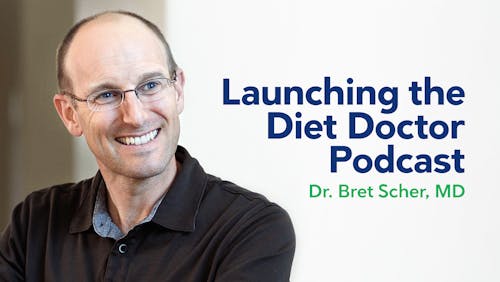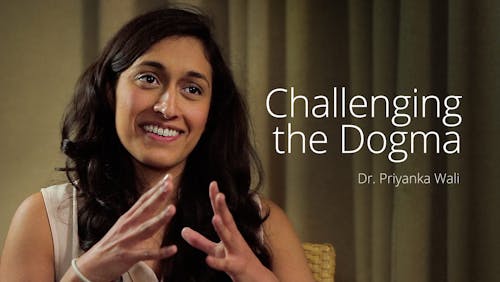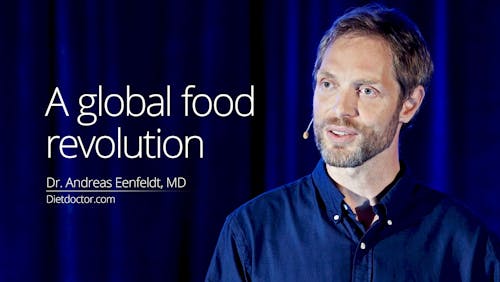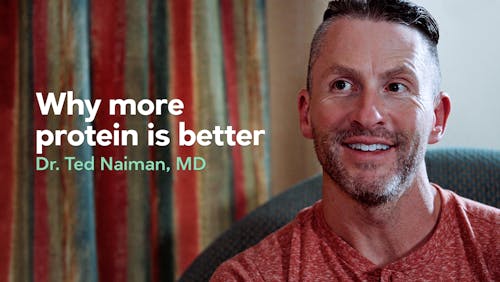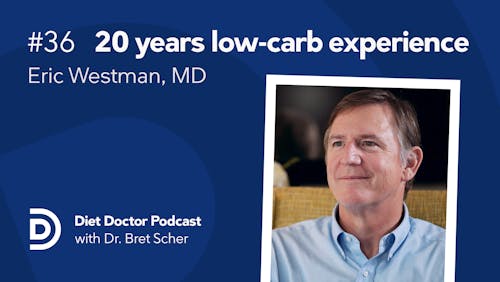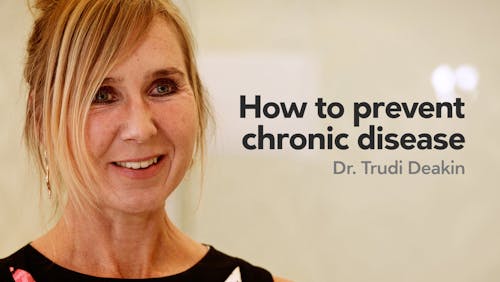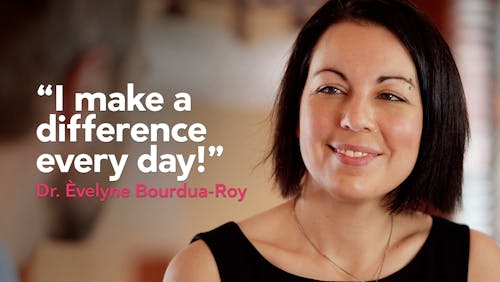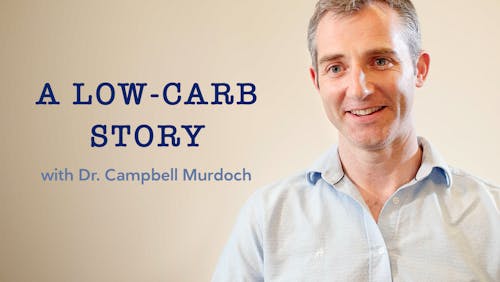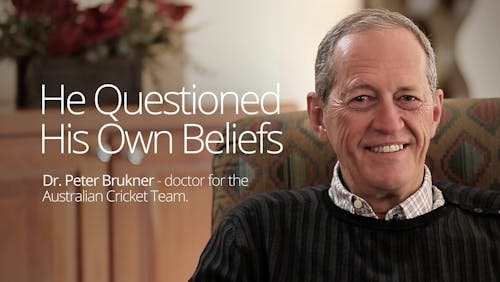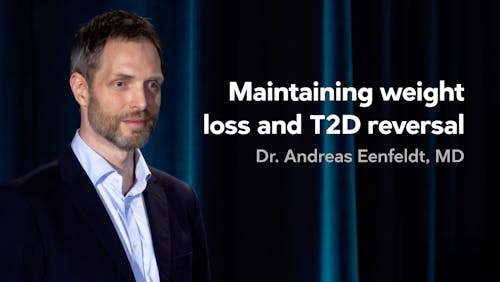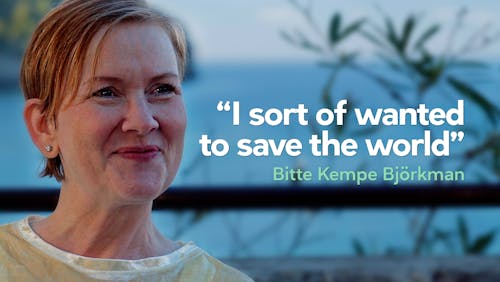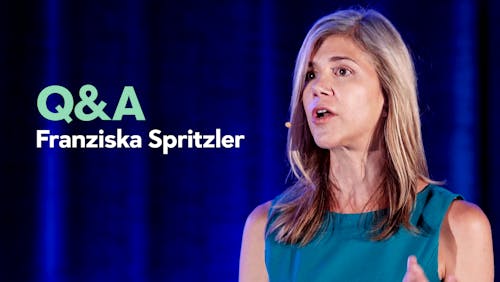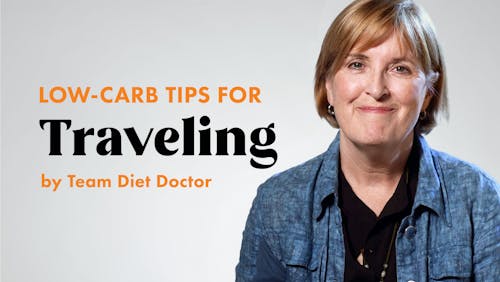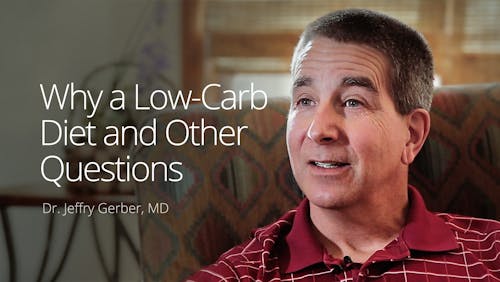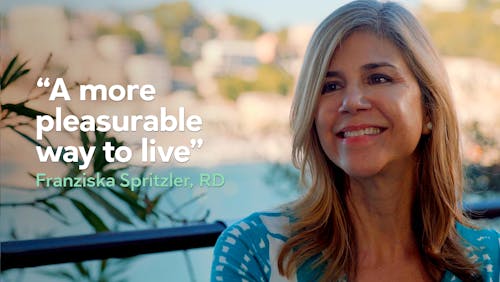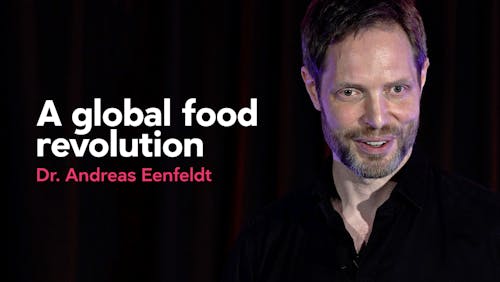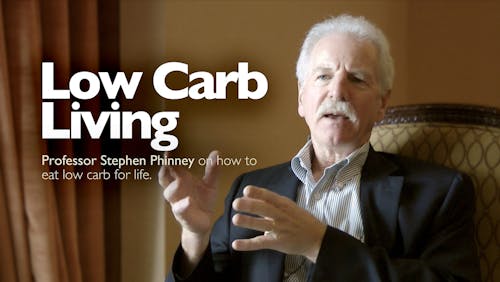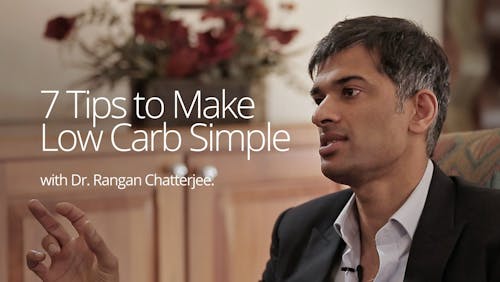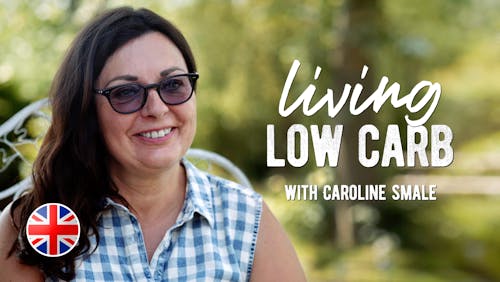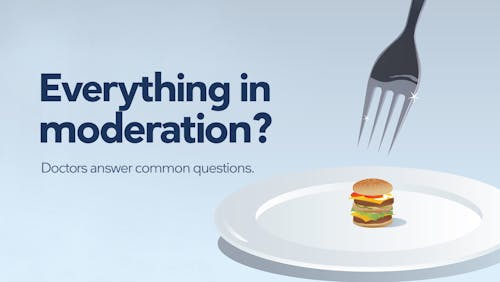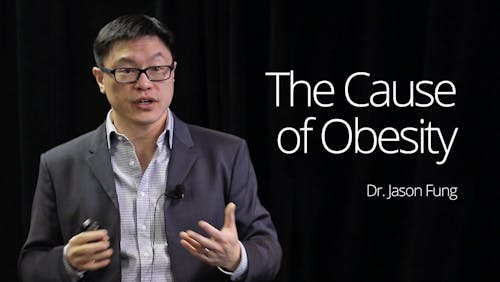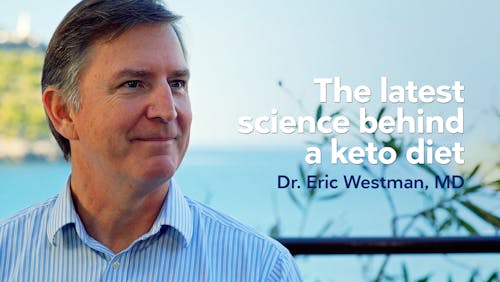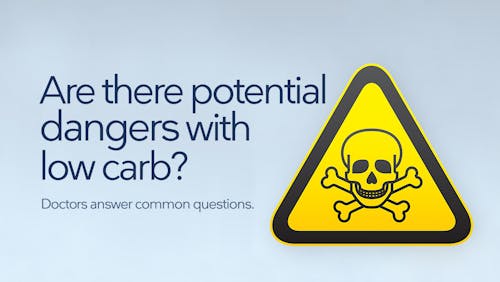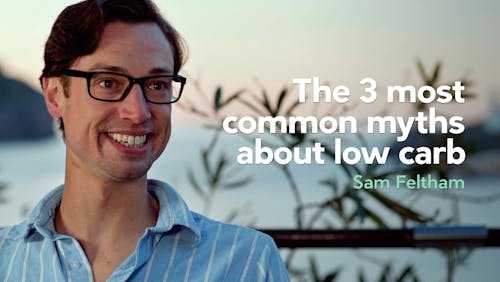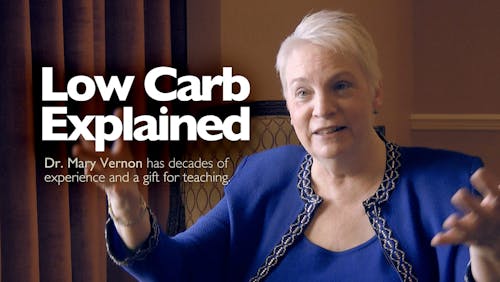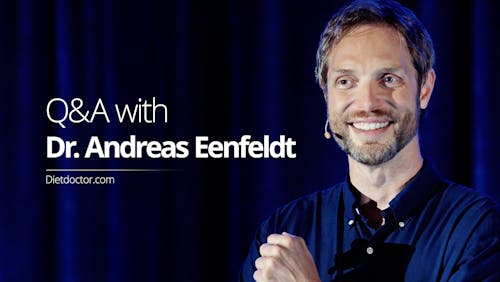I am not going to convince you

Our low-carb clinic has been operating inside my regular medical clinic since February 2017. Contrary to what you may think, Nurse Sylvie and I never really made any attempts to convince the other healthcare professionals who work there to read the science behind this diet, or to try it on themselves or on their patients.
For one thing, setting up a low-carb clinic in my province is already a titanic task, and it involves hours and hours of volunteer work, because our system is entirely focused on treating diseases, never on preventing them. There is zero support for prevention work, and it’s not particularly cool, unlike, say, prescribing the newest anti-cholesterol molecule. I put so much energy in my program, I don’t have much left to argue with people.
I also don’t try to convince other healthcare professionals because I believe that results speak for themselves.
And they do.
One of my enrolled patients, for instance, has been battling fibromyalgia (chronic pain and fatigue), depression and weight gain for a number of years. She’s my colleague’s patient. Watching her get significantly better is what I believe convinced my colleague to give it a go. Not only for herself: she enrolled her own mother with me, and got her sister to embark on low carb. And, of course, they are doing fabulous.
Spreading the word about low carb
So, when other healthcare professionals or relatives or patients ask me to convince them, I don’t. I’ll discuss it with pleasure. I’ll educate. I’ll suggest. I’ll give references. I’ll share my personal experience. But I won’t convince anyone.
When I get told by a colleague that a certain nutritionist has read up on low carb and still declares that the brain needs a minimum of 120 g of exogenous glucose every day to function properly, or that a diet based on fruit and vegetables is good for type 2 diabetic patients, I don’t tend to waste my breath. I don’t say: “Go read about how the liver can make glucose with fat, a process known as gluconeogenesis. It’s basic physiology, you learnt that in nutrition school. Oh, and my brain has been working just fine on 20-50 g of carbs per day for over a year. How can that be?”
I also don’t say that they should go read about fatty liver and fructose, and about the link between fatty liver and type 2 diabetes. I don’t even mention how I have vegans and vegetarians in my clinic who are still very sick, despite being on a plant-based diet for a long time. I hold my tongue.
I am not in the business of convincing others. I am deeply committed to making this old way of eating known and understood by the general public. Nurse Sylvie and I give a free public conference on low carb and chronic diseases every 2 months. Because I believe everyone deserves to know that reducing sugar intakes (eating low carb) has the potential to reverse numerous diseases, including type 2 diabetes, obesity and chronic fatigue, and can reduce or eliminate a number of drugs, that it is delicious, satiating and sustainable in the long term, and that it is safe medically, when done properly. Everyone deserves to know this.
I don’t try to convince others, but I am always willing to discuss how it works and the science behind it to anyone who shows the slightest bit of interest. As a matter of fact, I might be very close to being banned from family parties, because once I start discussing low carb, macros, fat and salt, and how our food guide has been making people sick for decades, I am annoyingly unstoppable! Just ask my potato farmer in-laws…
So, when I know someone would benefit tremendously from adopting a low-carb diet, I tend to simply ask them if they’re tired of being sick and on pills. I ask if they want their health back. If they show an interest, and if they understand English, I direct them to Diet Doctor and to the Food Revolution video. But since most of the people living in my province don’t speak or understand English, I tell them to read Le Code Obésité (The Obesity Code) by Dr. Jason Fung, and report back to me if they want to know more. Sometimes, I give my patients a handout of what to eat/what not to eat.
In my low-carb program, when I do the initial medical evaluation, I always ask my patients how motivated they are. To me, a lack of real motivation is contraindication number 1 to being on low carb. I don’t accept patients who are not willing to change their eating habits, for obvious reasons. From time to time, I get someone who is hesitating between getting a full gastric bypass surgery or joining my program. I tell them to go read about both. I don’t try to convince them.
Seeing my obese patients get slimmer every week convinces me that I am doing the right thing as a doctor. Seeing my diabetic patients reach normal sugar levels on less and less medication convinces me the same. Seeing my patients with chronic pain say that they forgot to take their pain killers, and then realized that they don’t actually need them as much anymore, convinces me enough. I hope my patients are convinced enough by now to stay on low carb for life. And of course, I secretly hope that they will embark on a crusade to convince everyone around them to try low carb!
More
Earlier with Dr. Bourdua-Roy
- How I Became an LCHF Doctor Reversing Type 2 Diabetes
- “As a Doctor, I Want You to Eat Plenty of Fat, and Add Plenty of Salt to Your Food”
- Caution: This Can Cause Addiction
- It Takes a Village of Bacon Eaters
- Don’t Take Away My Insulin!
- Conquering the Skinny Picky
